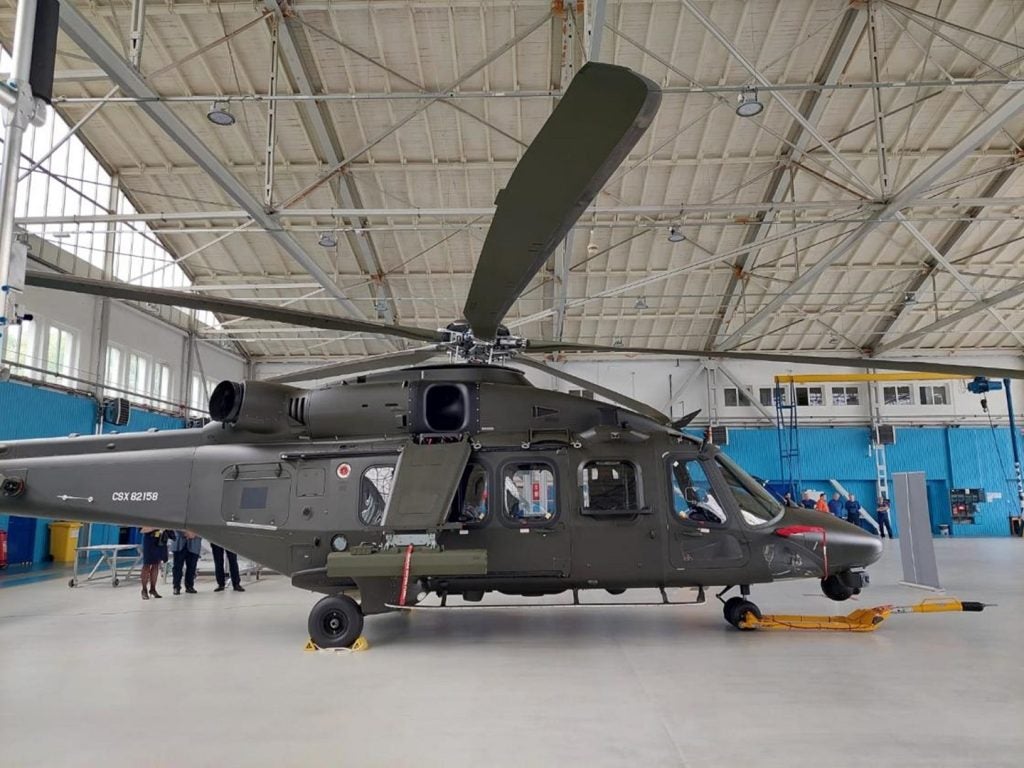
The UK Defence and Security Accelerator (DASA) has awarded multiple contracts for the development of improved Electro-Optics and Infrared (EOIR) sensors.
About 13 contract worth a total of $2.8m (£2.3m) were awarded to industry, including small and medium-sized enterprises and academia.
Companies securing the contract are Thales, Teledyne e2v, University of Strathclyde, University of Exeter, QinetiQ, University of Stirling, Heriot-Watt University, University of Bristol, Iceni Labs, Frazer-Nash Consultancy, Living Optics and Spectra Medical.
Last year, DASA launched the Advanced Vision 2020 and Beyond competition seeking proposals for novel technologies or applications in the EOIR sensors field.
The competition was conducted on behalf of the Defence Science and Technology Laboratory (Dstl).
Dstl project manager Andy Cole said: “The ever-evolving nature of military operations means that we wish to invest in novel and resilient technologies that can function in contested and congested environments, that will extend the range, lower the cost and size, and expand the range of targets that can be addressed by EOIR sensors.”
How well do you really know your competitors?
Access the most comprehensive Company Profiles on the market, powered by GlobalData. Save hours of research. Gain competitive edge.

Thank you!
Your download email will arrive shortly
Not ready to buy yet? Download a free sample
We are confident about the unique quality of our Company Profiles. However, we want you to make the most beneficial decision for your business, so we offer a free sample that you can download by submitting the below form
By GlobalDataSome of the possible cases where the innovations can be used include imaging in low visibility conditions such as clouds or smoke, and through foliage or camouflage.
Additionally, the new capabilities being developed could assist in small target detection and identification, as well as find objects located as far as over 20km and determine whether the vehicles are friendly or adversary.
DASA associate delivery manager Katy Violet said: “DASA finds and funds the best innovative ideas and solutions from the brightest minds in science, technology, academia, and research to give our armed forces and security services advantage over our adversaries, while supporting brilliant UK companies from start-ups, small and medium-sized businesses, academia right through to major employers.”







